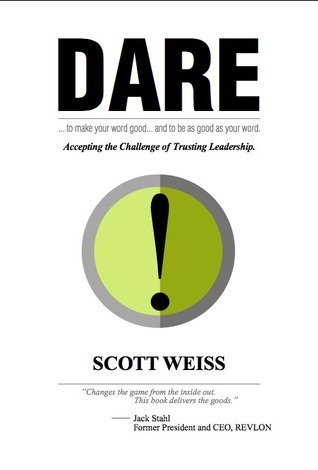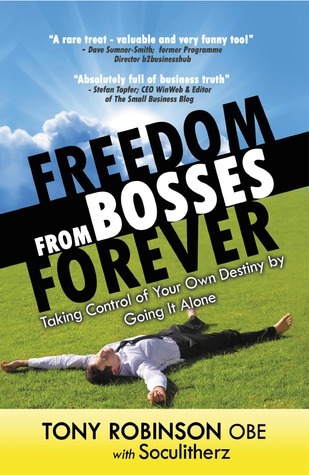
Powerful: Building a Culture of Freedom and Responsibility
Book Description
Imagine transforming your workplace into a vibrant ecosystem where freedom fuels innovation and responsibility drives success. Patty McCord reveals the radical yet practical strategies that reshaped Netflix’s corporate culture, igniting passion and purpose in every team member. With gripping insights and real-world examples, this book challenges conventional wisdom, empowering leaders to dismantle outdated hierarchies and embrace transparency. Discover how cultivating trust can unleash creativity and elevate performance to exhilarating heights. Are you ready to break free from the shackles of mediocrity and build a culture that inspires greatness?
Quick Book Summary
"Powerful: Building a Culture of Freedom and Responsibility" by Patty McCord offers a blueprint for creating dynamic, innovative workplaces where employees thrive. Drawing from her role as Netflix’s Chief Talent Officer, McCord details her approach to building a high-performing culture rooted in trust, transparency, and accountability. She challenges traditional HR practices, advocating for radical honesty, clear expectations, and the liberation from rigid policies. The book showcases how empowering individuals, prioritizing results over rules, and fostering open communication can accelerate innovation and drive business success. With engaging anecdotes and actionable advice, "Powerful" inspires leaders to let go of control and nurture teams where freedom and responsibility coexist harmoniously, unlocking collective potential.
Summary of Key Ideas
Table of Contents
Embracing Radical Honesty and Transparency
Patty McCord’s experiences at Netflix shaped her conviction that radical honesty and transparency are essential to building a thriving workplace culture. She describes how open communication eliminates confusion, nurtures trust, and encourages employees to bring their best ideas forward. In McCord’s view, transparency about business goals, performance, and decision-making allows everyone to contribute meaningfully to the company’s mission. Radical honesty—especially around performance and expectations—empowers people to grow, self-correct, and stay aligned.
Prioritizing Results Over Processes
Traditional HR systems, with their bureaucratic procedures and rules, often stifle talent and innovation. McCord argues for abandoning annual performance reviews and rigid employee handbooks, replacing them with ongoing, clear feedback and straightforward guidelines. She champions the idea that workplace policies should support—not hinder—the company’s ambitions, and leaders should constantly question whether these practices truly serve their teams. By creating frictionless systems and trusting employees’ judgment, companies can unlock greater creativity and speed.
Empowering Teams Through Freedom and Responsibility
At the heart of McCord’s philosophy is the belief that results matter more than processes or attendance. She presses leaders to prioritize outcomes over conformity and to reward high performance rather than tenure. This approach involves setting clear objectives and empowering teams to decide the best methods to achieve them. In such an environment, people are driven by purpose and accountability, and mediocrity is not tolerated. McCord contends that when employees are free to innovate and responsible for tangible results, organizational success follows naturally.
Rethinking Traditional HR Practices
Empowerment is core to building a vibrant, innovative culture. McCord discusses how granting employees significant autonomy—alongside high expectations—fosters both individual and collective growth. This freedom is paired with responsibility: everyone owns their results, and underperformance is addressed directly. Trust is cultivated by treating adults as adults, expecting honesty, and eliminating unnecessary constraints. This mindset unleashes motivation and ensures each person can contribute at their highest potential.
Building a Culture of Continuous Feedback
Continuous feedback, rather than annual appraisals, is pivotal in McCord’s framework. Leaders should engage in honest conversations, offer praise and constructive criticism in real time, and be unafraid to make tough staffing decisions when the fit isn’t right. Providing feedback regularly helps employees adapt, improve, and stay focused on business goals. McCord’s practical advice and real-world stories illustrate how a culture of feedback, trust, and shared accountability builds organizations ready to exceed expectations in today’s fast-moving business world.
Download This Summary
Get a free PDF of this summary instantly — no email required.





